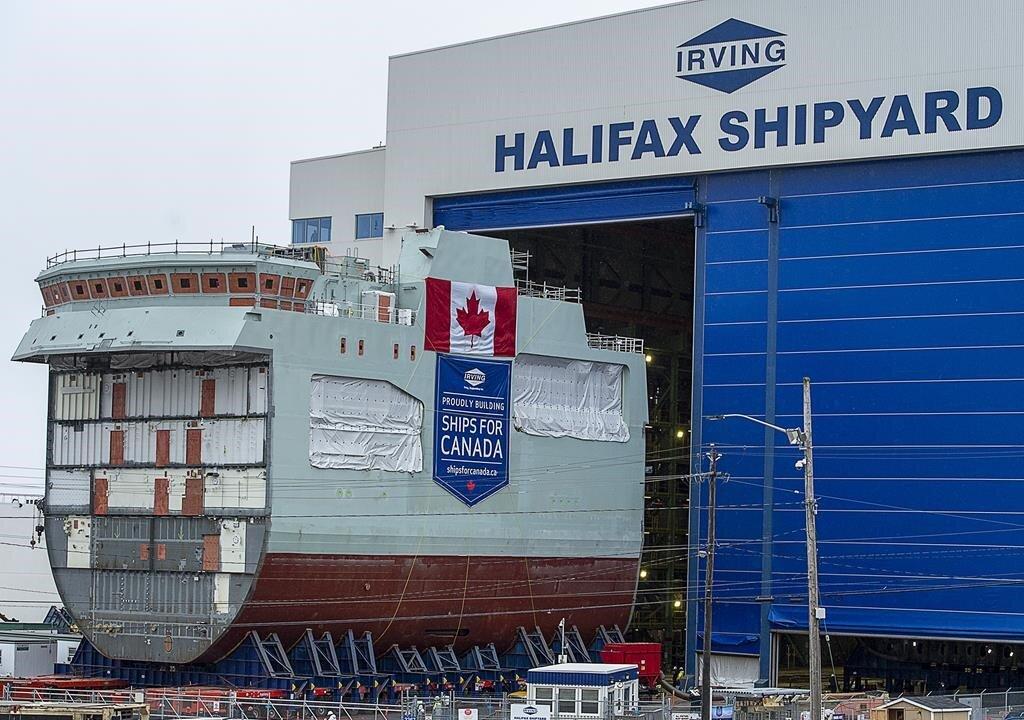Canada should align with U.S. Customs in limiting the entry of products from China, manufactured under slave labour conditions, said Conservative MP Michael Chong during his address to a United States Congressional committee on Sept 12.
Mr. Chong said Canada must not be a final destination for products that have been manufactured using slave labour, according to Blacklock’s Reporter.





